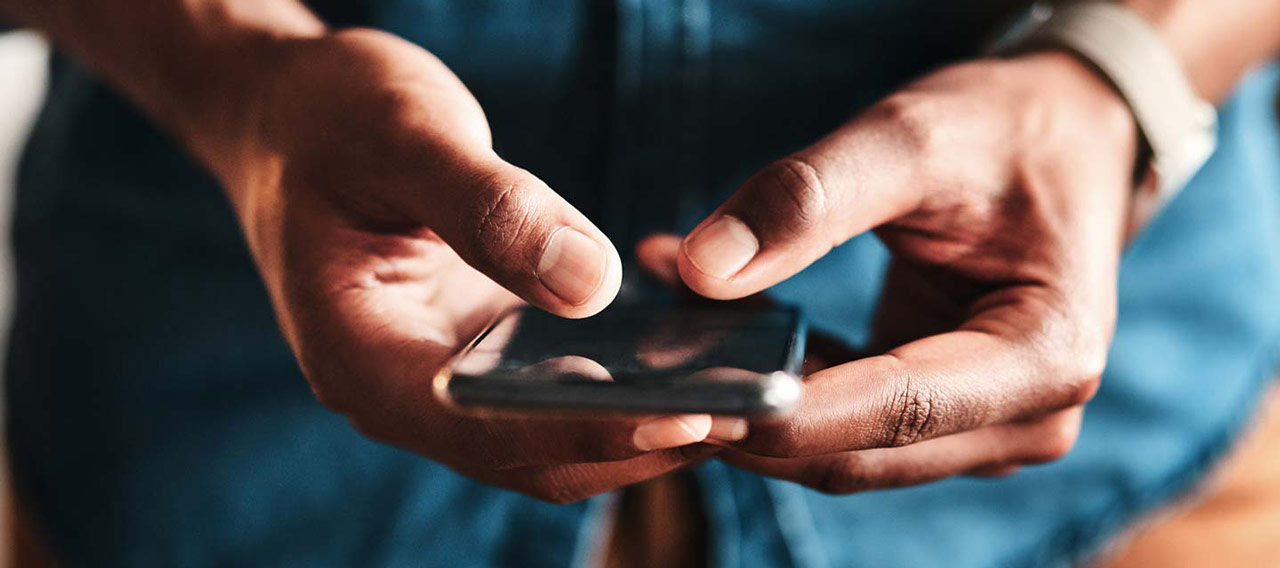Cyberbullying Protection

Chubb Cyber Insurance
Chubb’s Cyber Insurance can help your child if he or she is the victim of a cyberbully, pay for counseling, provide security measures to stop it, and even protect you if your child is the one doing the bullying.
Over half of adolescents and teens have been bullied online and over 25 percent have been bullied repeatedly. This may be happening, in part, because 80 percent of young people think bullying online is easier to get away with than bullying in person.*
With a Chubb Cyber insurance policy, you can access resources to help put a stop to someone harassing your children online, help them get through the trauma, and make your home a safe place again. It can even help protect you and deal with the repercussions if it’s your child doing the cyberbullying.
What can you do?
If you understand their technology and are supportive of the issues they face, they may be more inclined to talk to you about what is happening to them or around them. Instead of criticizing them directly, use current events to initiate conversations about privacy, never sending a text or photo they’ll regret sending later, and never posting gossip or hurtful messages or photos online.
Encourage your children to confide in you about what they see online and who they are communicating with. If they don’t feel comfortable telling you, encourage them to confide in another adult that they (and you) trust. Tell them that if they are a victim, they will not be punished and reassure them that being bullied is not their fault.
Explain to your child that it’s your job to keep them safe. Part of that is monitoring their cell phone and internet use. In a recent survey, when asked how they would feel if their parents were monitoring them, 62% of teens said they’d be accepting and 75% said they’d be unaffected.
With cell phone and tablet usage starting as early as the toddler years, it is more important than ever to establish clear rules about when your kids can start using mobile devices without you viewing exactly what they see. TeenSafe suggests starting to use an iPad or tablet at age 6-9, and a cell phone with monitoring at age 10-12.
Before you give your kids a cell phone of their own, have a collaborative conversation with them to hash out an agreement you’ll both follow. This might include boundaries such as no phones in the bedroom, no phones overnight in their rooms, phones stay in common areas, and no downloading apps without approval. You will also want to include clear consequences if they break the rules and establish passwords for their phone and apps that you know as well.
If, despite everything you do, your child is a victim of a cyberbully, your child may become distressed, anxious, depressed, or worse. Make sure you have insurance coverage that can help you put security measures in place, provide your child with counseling, and even protect you if your child happens to be the bully.
To teens and adolescents, the internet is a way to socialize with their friends. They may also turn to technology when their social-emotional needs aren’t met. One way to help combat this is by disconnecting yourself. Give your kids your full attention and establish phone-free family time, so you can all reconnect more effectively.
Kids with cell phones can be more independent, connect better with their peers, and can reach their parents (and their parents can reach them) any time.
Related Coverage
Insights and expertise








Disclaimer: This information is descriptive only. All products may not be available in all jurisdictions. Coverage is subject to the language of the policies as issued.
*Sources: “11 Facts About Cyber Bullying,” www.dosomething.org, “Bullying Statistics,” www.bullyingstatistics.org









